The University of Bergen on the southwestern coast of Norway is the leading partner of Protect. The university houses PROTECT’s initiator and project leader, Professor Hakan G. Sicakkan, as well as the rest of the Coordination and Management Office and Bergen-based researchers. This article dives into the research interests and contributions of the multinational Bergen team – whose nationalities span from Norwegian and Czech to French and Hungarian.
PROTECT’s project leader Hakan G. Sicakkan is Professor of Political Science at the Department of Comparative Politics at the University of Bergen. Sicakkan has extensive experience with leading international research projects, funded by both the EU and the Norwegian Research Council. He has previously led and completed GLOCALMIG (2002-2004), EUROSPHERE (2007-2013), and EUROELITES (2008-2012). Over the next years, he will lead the PROTECT consortium of 12 partner universities in Europe, Canada, and South Africa, and coordinate the research activities that are organized in the project’s 11 Work Packages (WPs).
Bergen is also home to PROTECT’s Executive Scientific Coordinator, Dr. Pierre Georges Van Wolleghem, who is a post-doctoral researcher at the Department of Comparative Politics at the University of Bergen. As Executive Scientific Coordinator, he coordinates the project’s daily activities and scientific progress as well as ensures coherence between the project’s manifold aspects.
The remaining members of PROTECT’s Coordination and Management Office is Communications Coordinator Alida Steigler and Administrative Coordinator Alena Koslerova.
Meet Hakan G. Sicakkan
Professor Sicakkan operates at the intersection of normative political theory, comparative politics, political sociology, and international politics. His areas of specialization include human rights, asylum policies, migration policies, models of citizenship and citizenship policies, European Union politics, European integration, and the European public sphere.
Sicakkan is an expert on the EU’s and Member States’ laws, institutions, and policies regarding the rights of refugees and asylum seekers. He has contributed to the international literature on the rights of refugees and asylum seekers with a specific focus on, among other things, the role of the European Union in the protection of refugees and asylum seekers and how asylum laws and institutions should be organized to achieve a just political asylum system.
Photo: Eivind Senneset

Meet Pierre Van Wolleghem
Dr. Van Wolleghem’s research interests lie with European Union policies relating to migration, social policies, quantitative methods, and impact evaluation. He contributes to different research streams and Work Packages, notably WP3 on the institutional architectures of Refugee Status Determination, and WP6 on attitudes towards refugees and international protection.
Photo: University of Bergen
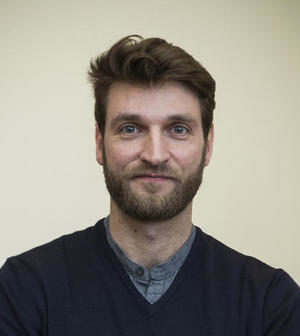
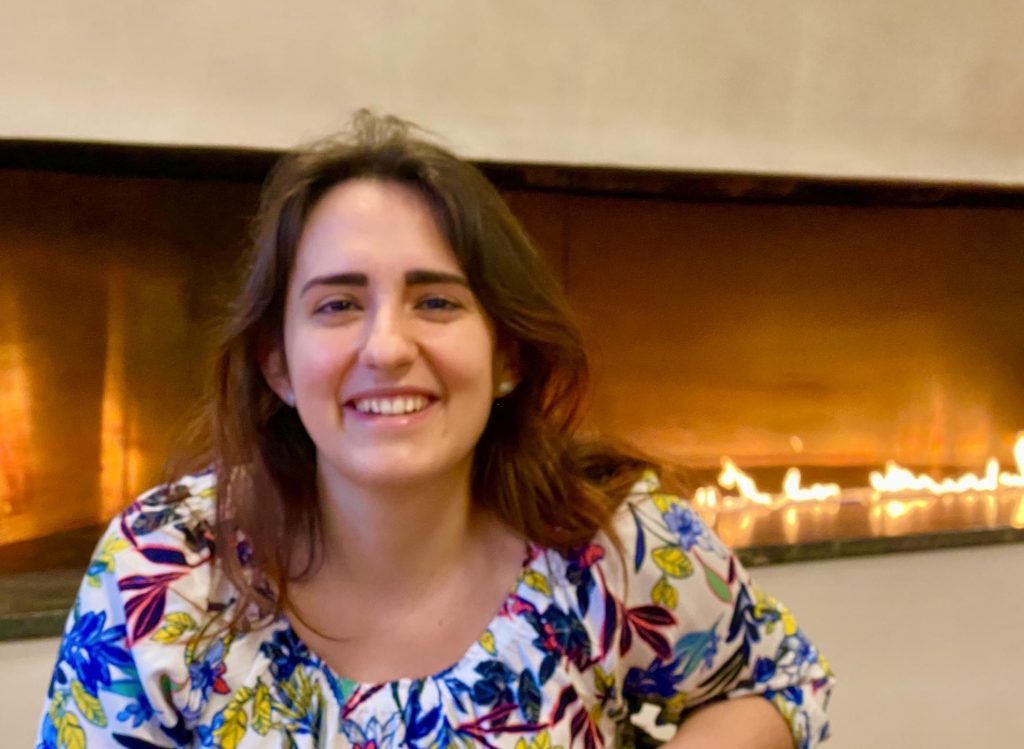
Meet Alida Rita Steigler
Alida Steigler is a Research Assistant and the Communications Coordinator of PROTECT. Together with the researchers involved in WP9, on Dissemination, Communication, and Exploitation of Knowledge, she is in charge of planning and managing the project’s communication activities. Alida manages the project website and social media accounts and coordinates the project’s media outreach. She is also in charge of internal communication.
Previous Communications Coordinator: Mari Lund Eide until September 2021
Alena Koslerova
Alena Koslerova is PROTECT’s Administrative Coordinator, and her tasks involve management of the project consortium and reporting and organizing project events.
Koslerova has over 20 years of experience with EU project management, both as a project administrator and as a program administrator. Koslerova was also the Administrative Coordinator of Professor Sicakkan’s EUROSPHERE project.
Koslerova is based at the Financial Services Unit of the Faculty of Social Sciences at the University of Bergen where she works as an advisor with specialization in externally financed projects.
Photo: The University of Bergen
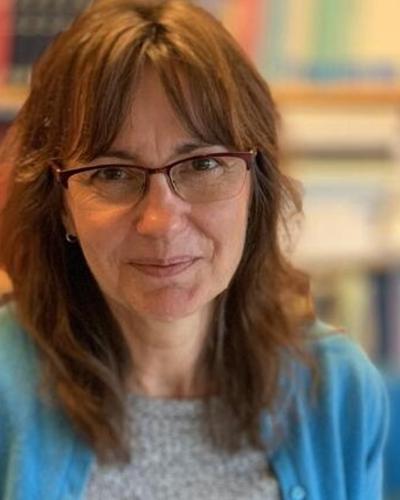
Meet our other Bergen-based researchers
Several other researchers from the University of Bergen are contributing to key Work Packages of PROTECT. Among these are Professor Christine M. Jacobsen, Dr. Marry-Anne Karlsen, Dr. Pascaline Chappart and Professor Cornelius Cappelen.
Jacobsen, Karlsen and Chappart are all researchers at the Centre of Women’s and Gender Research at the University of Bergen. Within PROTECT, they are involved in the work of WP4, which maps the ground level actors that are involved in the reception of migrants and asylum seekers in selected entry zones in France, Italy, Spain, and Greece, as well as South Africa and Canada. They apply their ethnographic experience and expertise in investigating if and how the compacts on refugees and migration influence ground-level actors’ understanding of ‘vulnerability’, particularly related to gender and legal status, and if and how it changes how they cooperate to meet special needs.
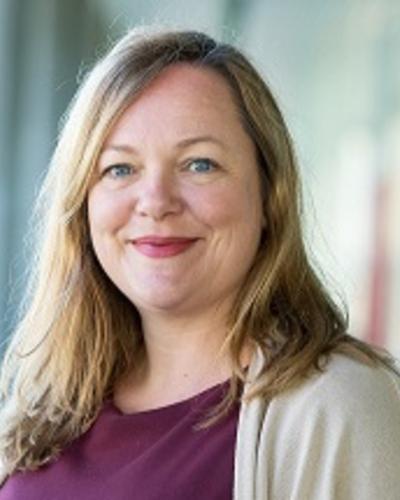
Meet Christine M. Jacobsen
Christine M. Jacobsen is Professor of Social Anthropology and Director for the Centre of Women’s and Gender Research. Professor Jacobsen mainly works in the fields of gender studies and international migration and ethnic relations.
Her research in the last few years has focused on the situation of migrants with a precarious legal status in Europe, in particular on the socio-legal production of illegality, on access to welfare, and on temporality and situations of protracted waiting produced by contemporary border regimes.
Photo: The University of Bergen
Meet Marry-Anne Karlsen
Marry-Anne Karlsen holds a Ph.D. in Social Anthropology and is an early career researcher, currently working as a Post-Doctoral Fellow in the WAIT-project (Waiting for an Uncertain Future: the Temporalities of Irregular Migration). She also leads IMER Bergen, International Migration, and Ethnic Relations research unit.
Dr. Karlsen’s work has been oriented towards the intersection between migration control and welfare policy, the local reception and integration of asylum seekers and refugees, and the role of time and gender in migration processes and governance. She has conducted extensive ethnographic fieldwork among irregular migrants in Norway.
Photo: The University of Bergen

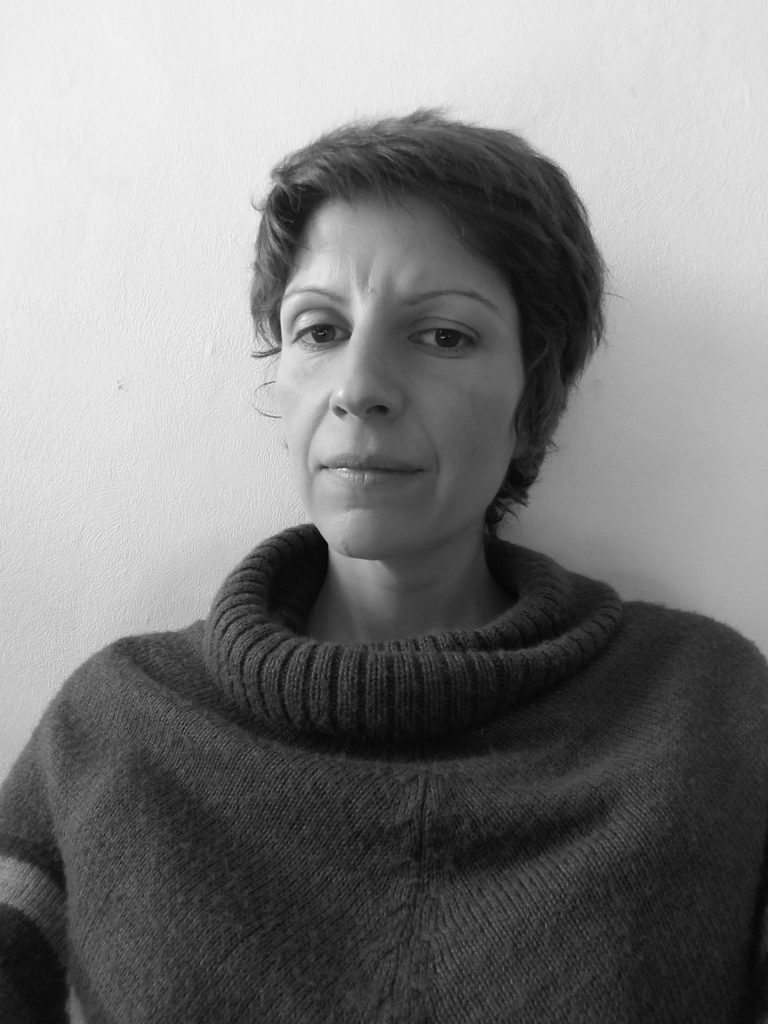
Meet Pascaline Chappart
Pascaline Chappart holds a PhD in sociology and her research interests include deportation policies and practices, the impacts of externalization of border control and asylum. She was previously a postdoctoral researcher at IRD – Urmis (Paris Diderot University), working on the processes of bordering and the reconfiguration of contemporary migrations it produces in Niger and in Mexico. She is currently conducting investigations on European deportation charter flights within the framework of the project ‘Air Deportation’ coordinated by William Walters (Carleton University, Canada).
Chappart is affiliated with the Center for Women and Gender Research at the University of Bergen and works in close collaboration with Professor Christine M. Jacobsen, who is a WP4 co-leader. As part of WP4, she participates in the mapping of the ground level actors that are involved in the reception of migrants and asylum seekers in Marseille (France). This ethnographic fieldwork scrutinizes the multifaceted concept of vulnerability through its various understandings and puts into question its effects on the practices of (non)assistance.
Photo: The University of Bergen
Meet Cornelius Cappelen
Cornelius Cappelen is a Professor at the Department of Comparative Politics. Cappelen’s area of expertise falls within three fields of political science: political philosophy, the welfare state, and migration. His research employs a multidisciplinary as well as a multi-methodological approach to political science, often utilizing survey experiments as well as lab experiments.
Cappelen co-leads Work Package 6, which empirically investigates public attitudes toward burden- and responsibility sharing across countries. In refugee matters, the logic of burden-sharing starts from the premise that helping refugees is a jointly held moral obligation under international law. So-called “cosmopolitan” theories of distributive justice also stress this moral obligation: “We aim to examine the extent to which the public thinks that they have a moral duty to share in the responsibility for refugees, and also under which conditions they are willing to take on this duty. The latter question raises the more fundamental problem of how to justify restricting free movement across international borders in the first place.”
Photo: The University of Bergen
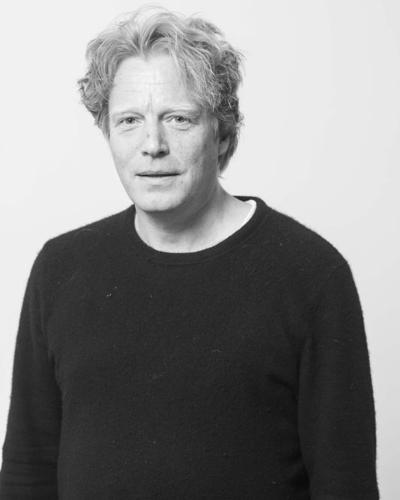
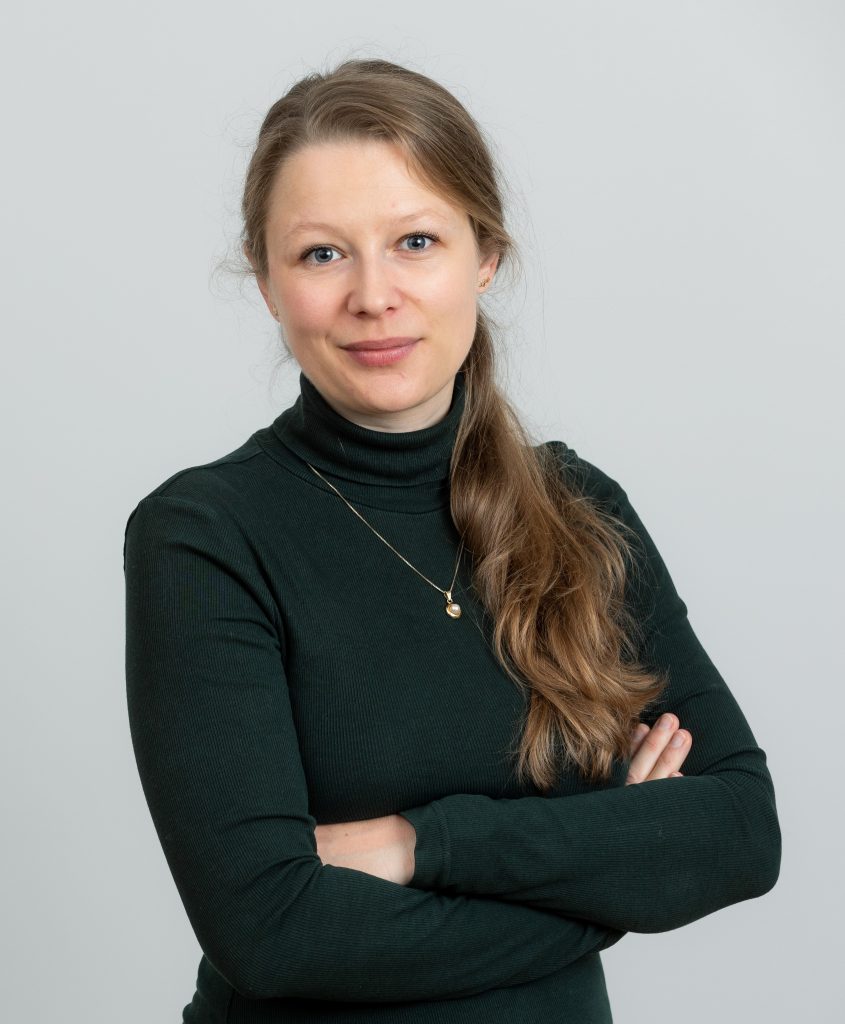
Meet Lisa-Marie Måseidvåg Selvik
Lisa-Marie Selvik is a Ph.d. Candidate at the Department of Comparative Politics at the University of Bergen.
She works as a researcher in the PROTECT project and explores the transversal dimensions in the project’s deliverables across work packages 2, 3, 4, 5, 6, and 7. She will write a report about the inter-plays between norms, institutional architectures, and public attitudes and preferences on the right to international protection.
Photo: The University of Bergen
Meet our research assistants
PROTECT’s Bergen-based team is lucky to have research assistants in additions to the COROFF-members and the other researchers contributing to the project.
Meet Jørgen Dysvik Bjørke
Jørgen is the newest student assistant of PROTECT. He is currently in the first year of his master’s of Comparative Politics at the University of Bergen. His work in the project centers around WP7, where he will prepare and code datasets for empirical analysis.
Photo: Jørgen Dysvik Bjørke
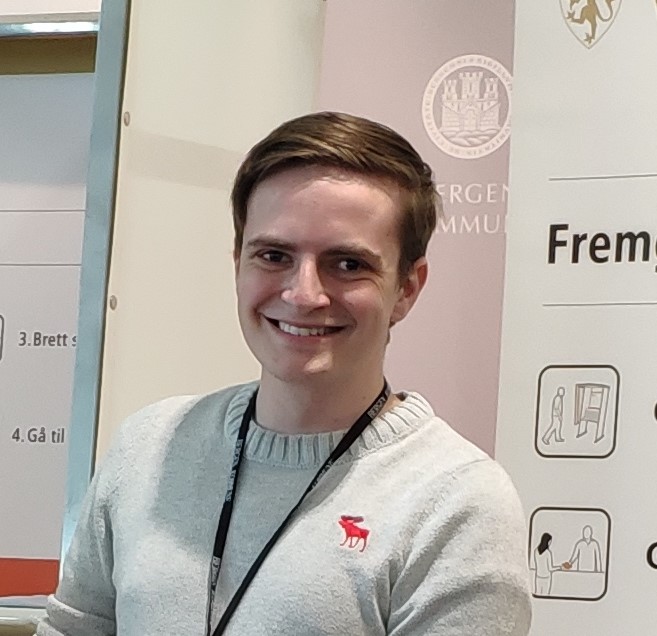
Meet Andreas Børretzen Solbu.
Andreas is the newest research assistant at PROTECT. He is currently in the second year of his master’s in Comparative Politics at the University of Bergen. His work in the project centers around the NORKOM conference in Oslo and the final policy brief, where he will discuss Norwegian interests in relation to Norway’s commitments to the UN’s Global Compact cooperation.
Photo: Andreas Børretzen Solbu.
PROTECT partners
[slideshow_deploy id=’1820′]

